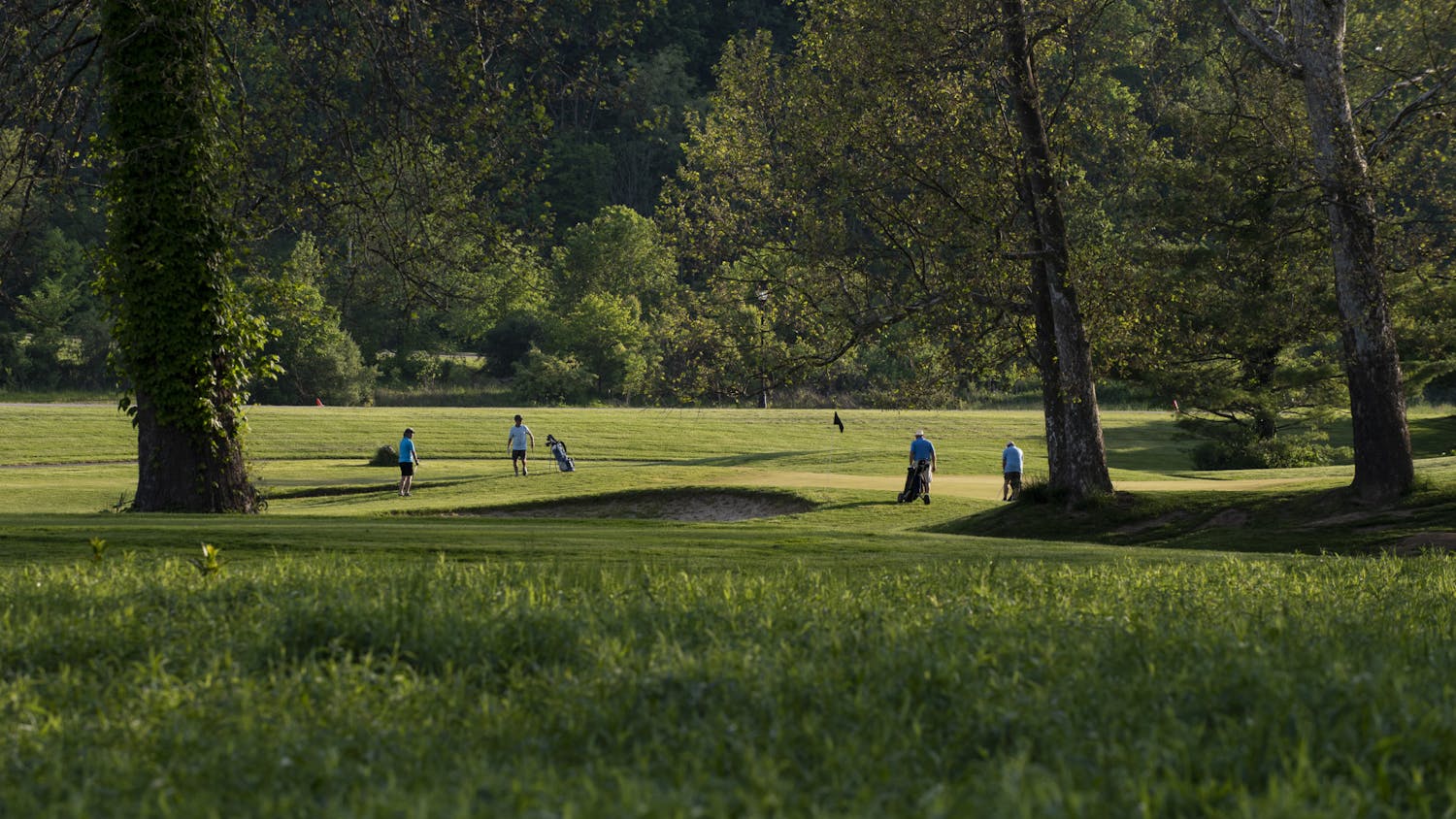Ohio University faculty Nathaniel Szewczyk and Sarah Wyatt recently had their research published by NASA in a collection of papers titled The biology of spaceflight. The collection is considered to be the largest set of astronaut and space biology data ever produced. However, this was not the first time either Szewczyk or Wyatt has worked with the prestigious aeronautics agency.
“I did my postdoc with a NASA-funded project in North Carolina,” Wyatt said. “And that's how I got acquainted with working with NASA.”
The focus of much of Wyatt’s research, including that which she did during her postdoc, has been on plants. Wyatt has explored plant signaling in depth, testing how plants respond to certain stimuli, like gravity and the lack thereof. To research plants' responses to a lack of gravity, Wyatt has sent several plant experiments to outer space, working with NASA to do so.
By sending plants and other living organisms to outer space, researchers are indirectly expanding their understanding of how astronauts’ bodies respond to outer space.
“(It is) quite strange to think that there are things that change in plants and people and worms that are similar, but there actually are,” Szewczyk said.
Wyatt’s interest in NASA first piqued when she was much younger. Growing up in the “time of the space race,” Wyatt watched NASA successfully land on the moon on her eleventh birthday. Now, Wyatt estimates that she has worked on five different flights with NASA. Her upcoming flight is slated to launch in May. Szewczyk is also working on the same flight.
“For the first time, he and I will actually fly something potentially on the same flight,” Wyatt said.
Like Wyatt, Szewczyk completed a postdoc with NASA. On his upcoming flight, Szewczyk will be sending worms to space, exploring how genetic mutations might alter responses to spaceflight. He has worked with worms in the past, growing and researching them in space.
“We've previously grown worms for six months on the space station, so that's about 24 generations with the diet that we use,” Szewczyk said. “That’s one of the things that's made us think about, given how long we can get worms to survive in space, could we do something like send them to Mars? Could we send them to the moon? One of the projects that we're working on now is developing a worm house that would actually let the worms go to the moon or go to Mars.”
Space biology research, like that of Szewczyk and Wyatt, has inspired Ohio University students. Joseph Flesch, a freshman studying astrophysics, is excited by data that suggests increased ability for humans to exist in space.
“With the pushes for better quality of life in space and making artificial environments more suited to harboring human life, especially in hostile places such as space, it really makes me feel like space is the next step for humanity,” Flesch said in a message.
Although Szewczyk and Wyatt have dedicated much of their lives to science and space research, their careers have not been without challenges.
As a woman in STEM, Wyatt often exists in the minority when working on high-level experiments, like with NASA. This hardship has led Wyatt to devote some of her time to encouraging middle school girls in Appalachia to pursue science with the Tech Savvy program.
“Most of the faculty, most of the scientists are men, (and) that's what girls see,” Wyatt said. “So, (we’re) trying to get them the chance to see other successful women in these fields, and to know that they can do (it too).”
Szewczyk also recognizes that pursuing a career in the sciences will not always be an easy undertaking. He advises persistence.
“The most important thing if you actually want to have a career and research is just to be stubborn and to stick with things,” Szewczyk said.






